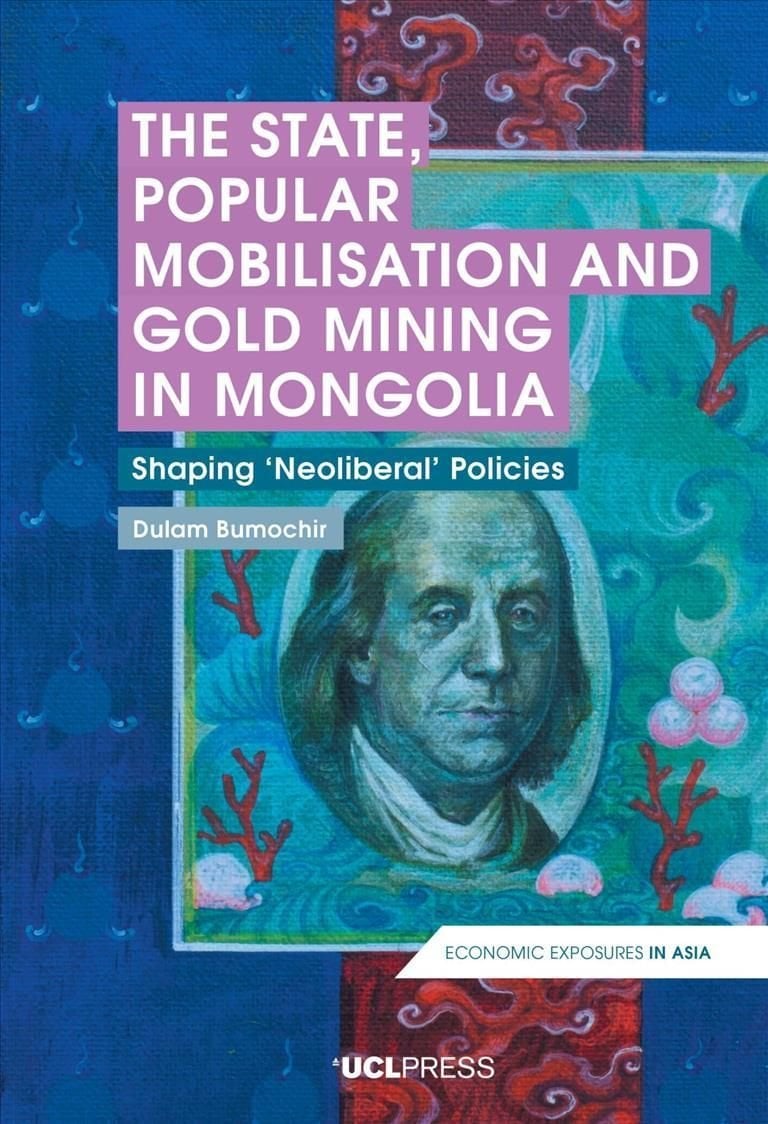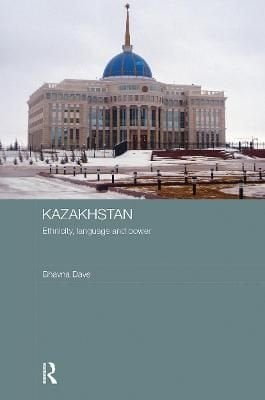Mongolia&;s mining sector, along with its environmental and social costs, have been the subject of prolonged and heated debate. This debate has often cast the country as either a victim of the &;resource curse&; or guilty of &;resource nationalism&;. In The State, Popular Mobilisation and Gold Mining in Mongolia, Dulam Bumochir aims to avoid the pitfalls of this debate by adopting an alternative theoretical approach. He focuses on the indigenous representations of nature, environment, economy, state, and sovereignty that have triggered nationalist and statist responses to the mining boom. In doing so, he explores the ways in which these responses have shaped the apparently &;neo-liberal&; policies of twenty-first-century Mongolia, and the economy that has emerged from them, in the face of competing mining companies, protest movements, international donor organizations, economic downturn, and local and central government policies. Applying rich ethnography to a nuanced and complex picture, Bumochir&;s analysis is essential reading for students and researchers studying the environment and mining, especially in Central and North-East Asia and post-Soviet regions, and also for readers interested in the relationship between neoliberalism, nationalism, environmentalism and state.












